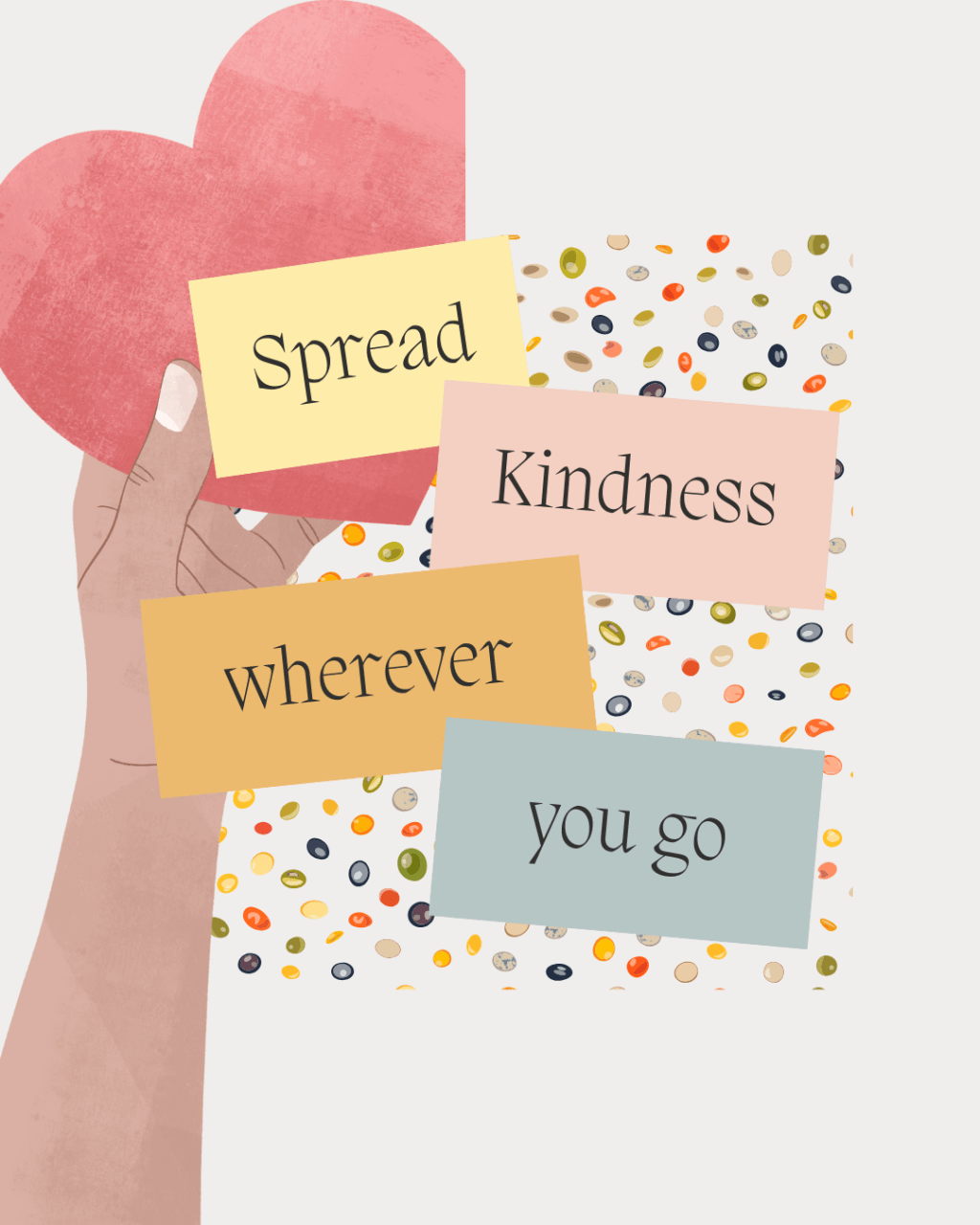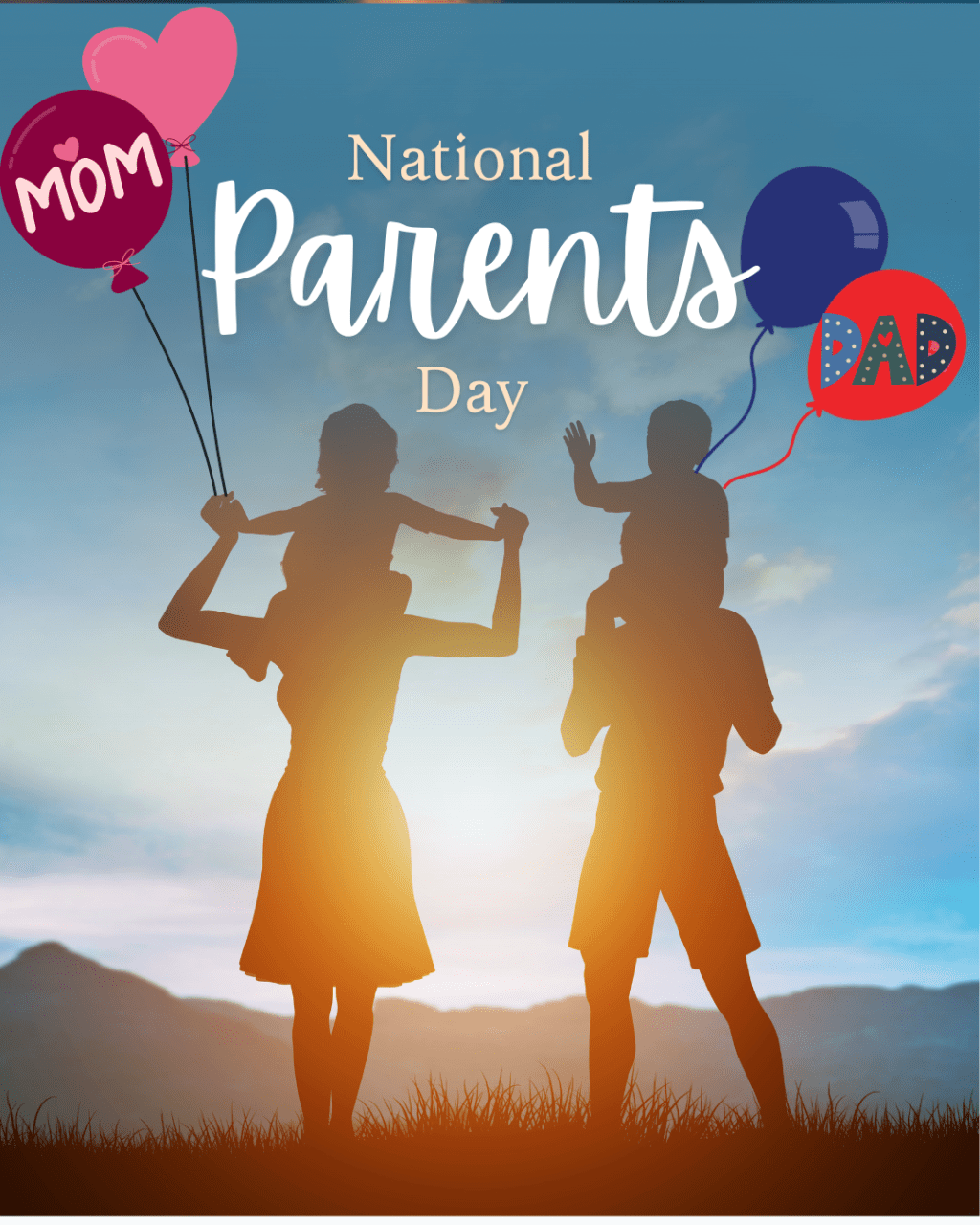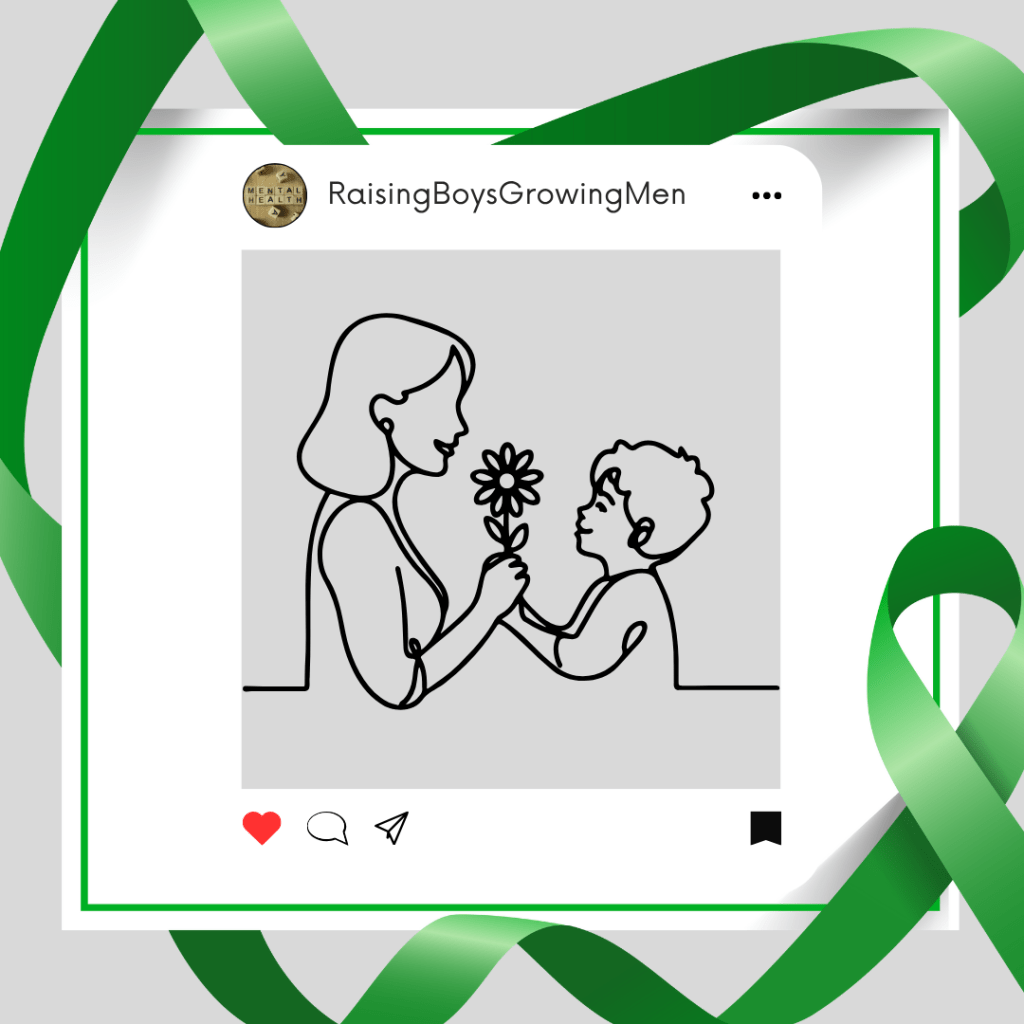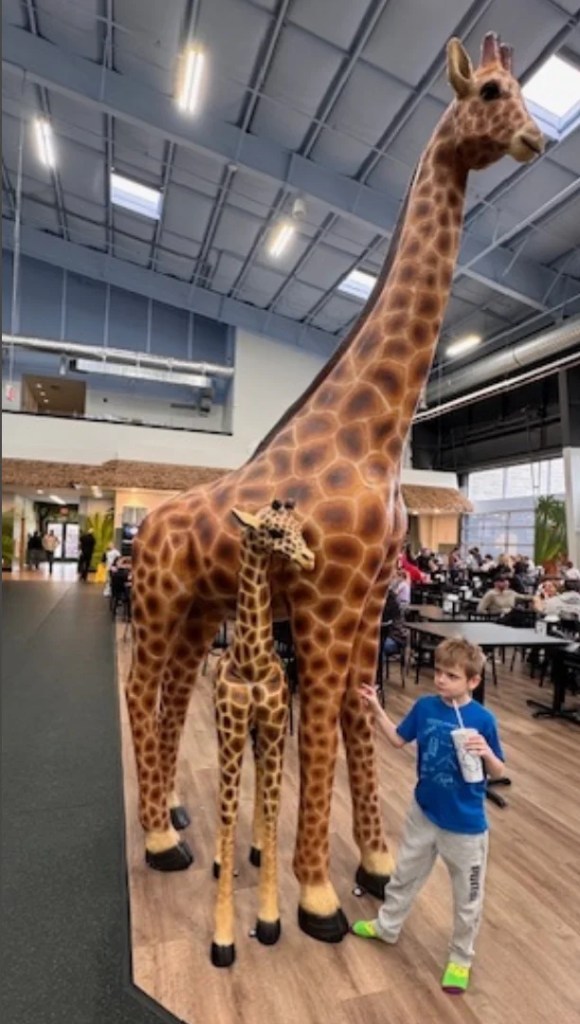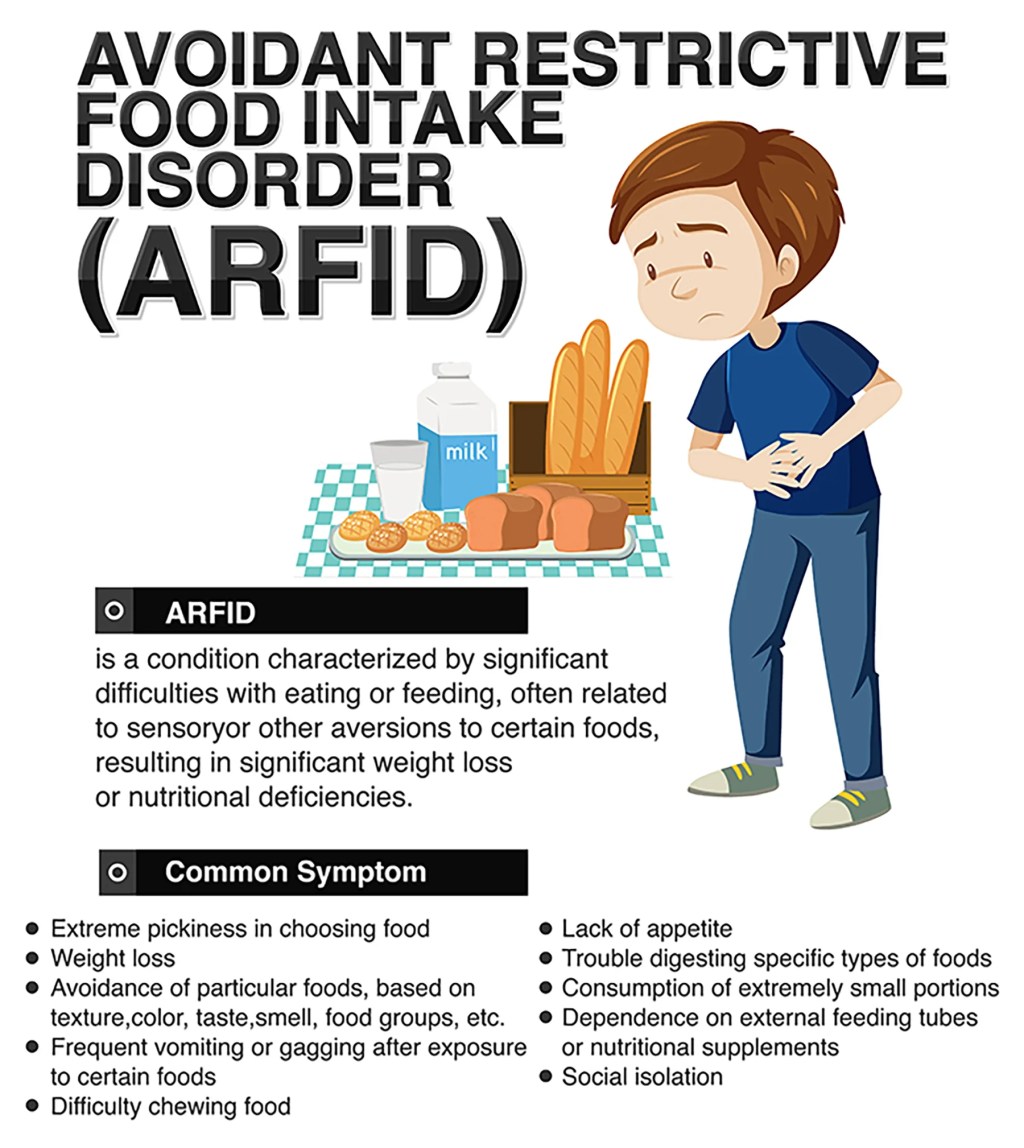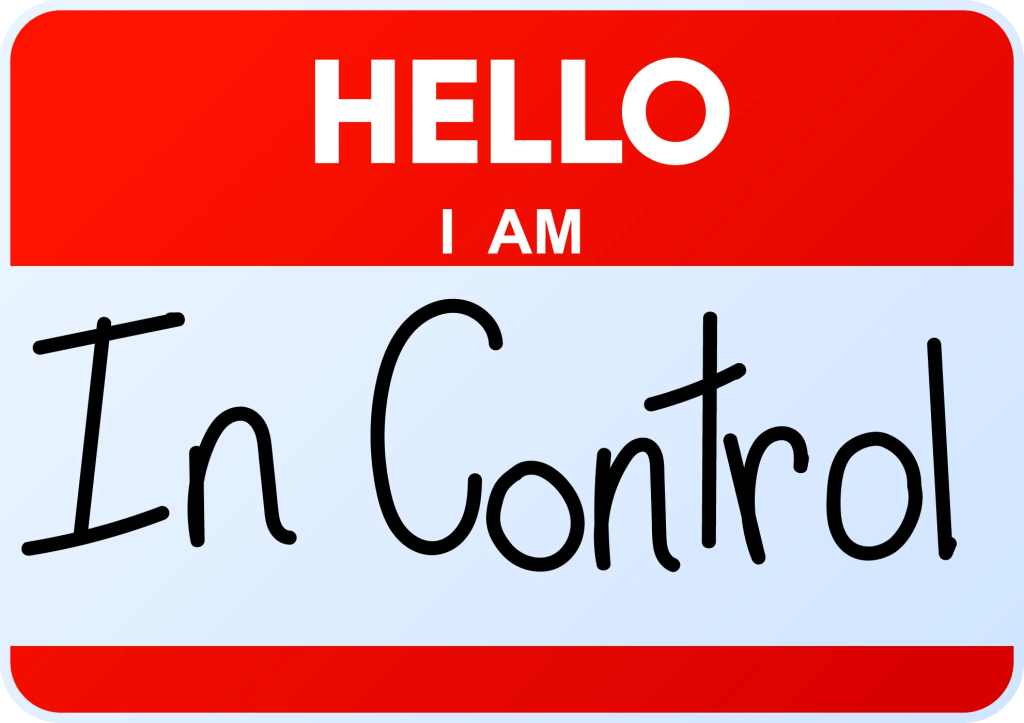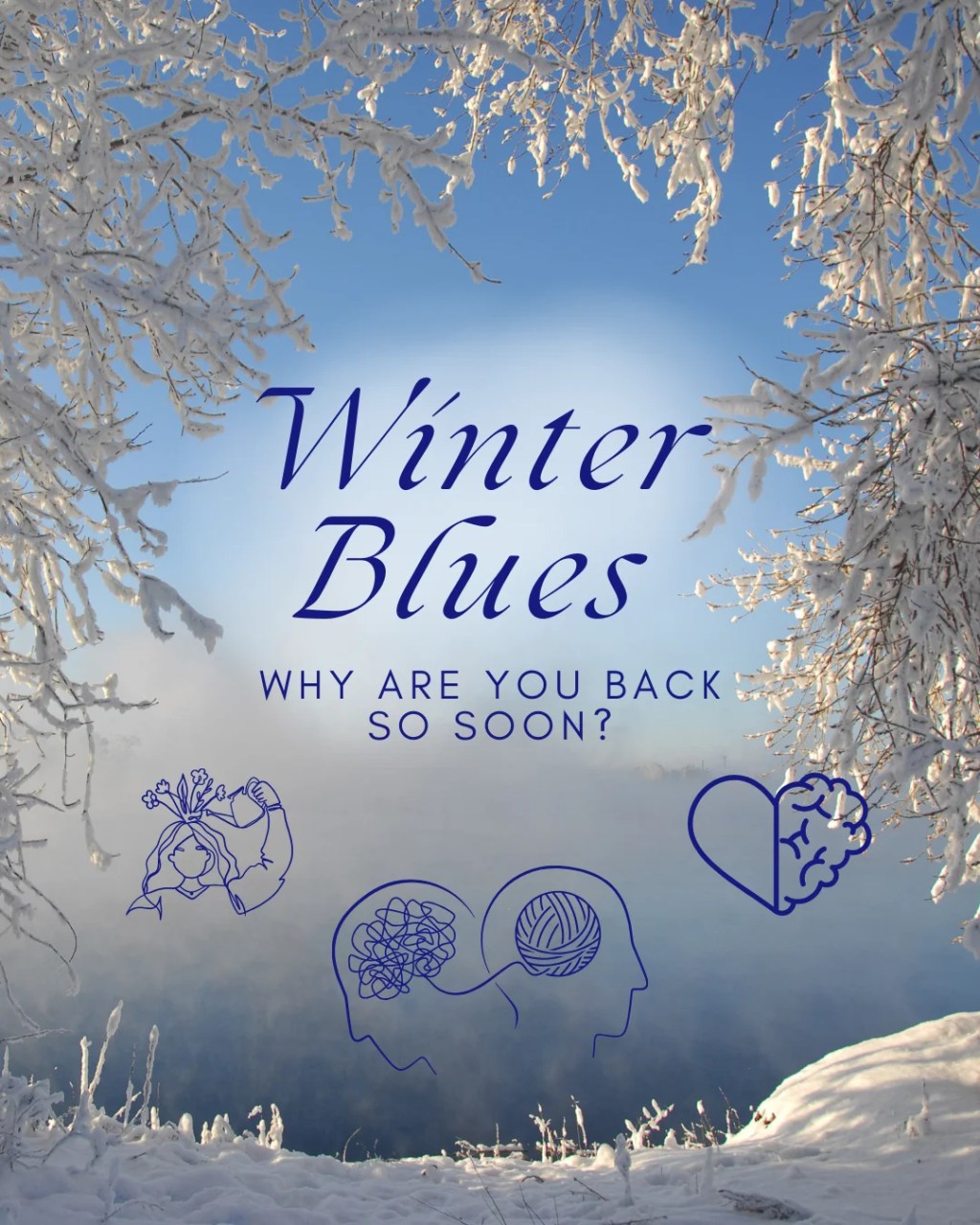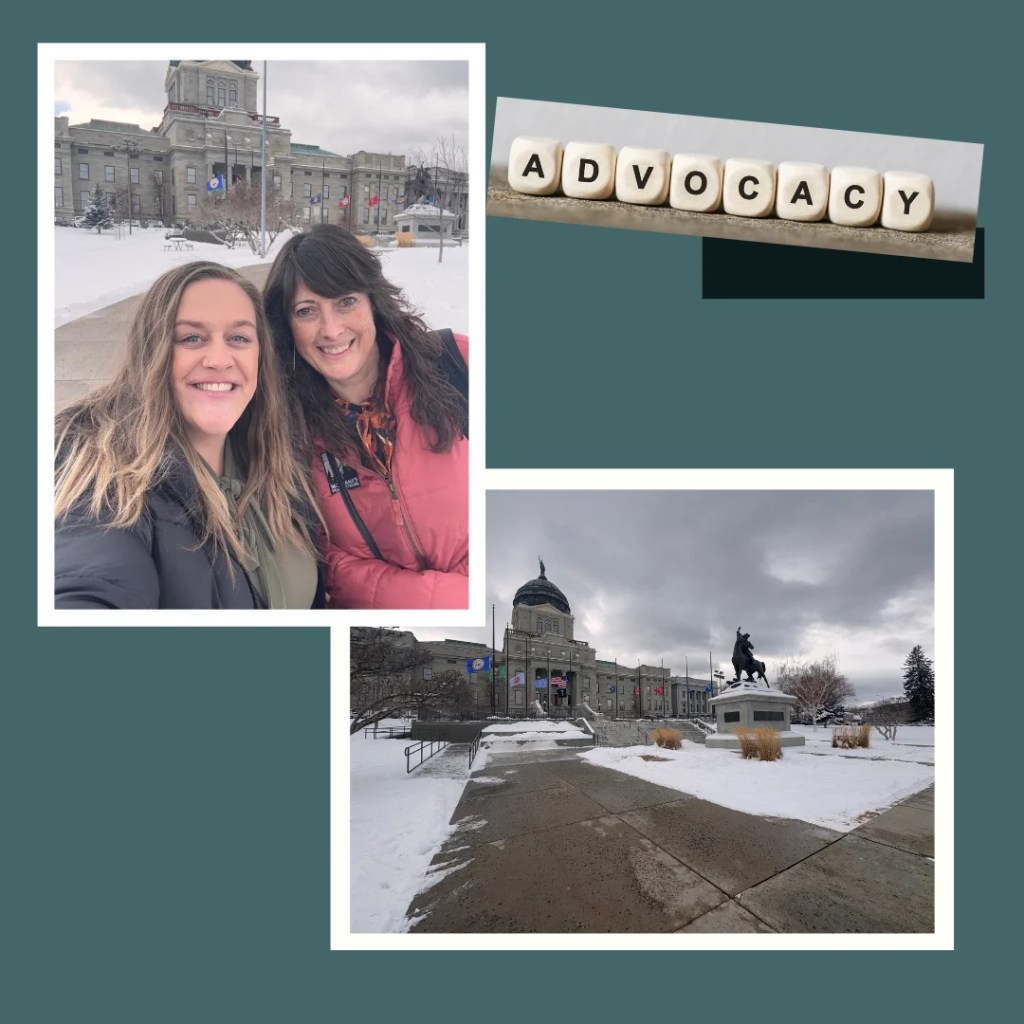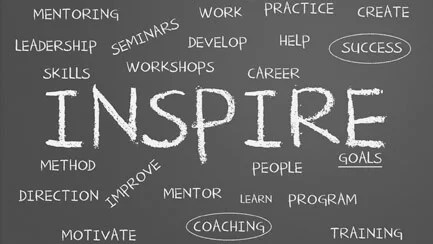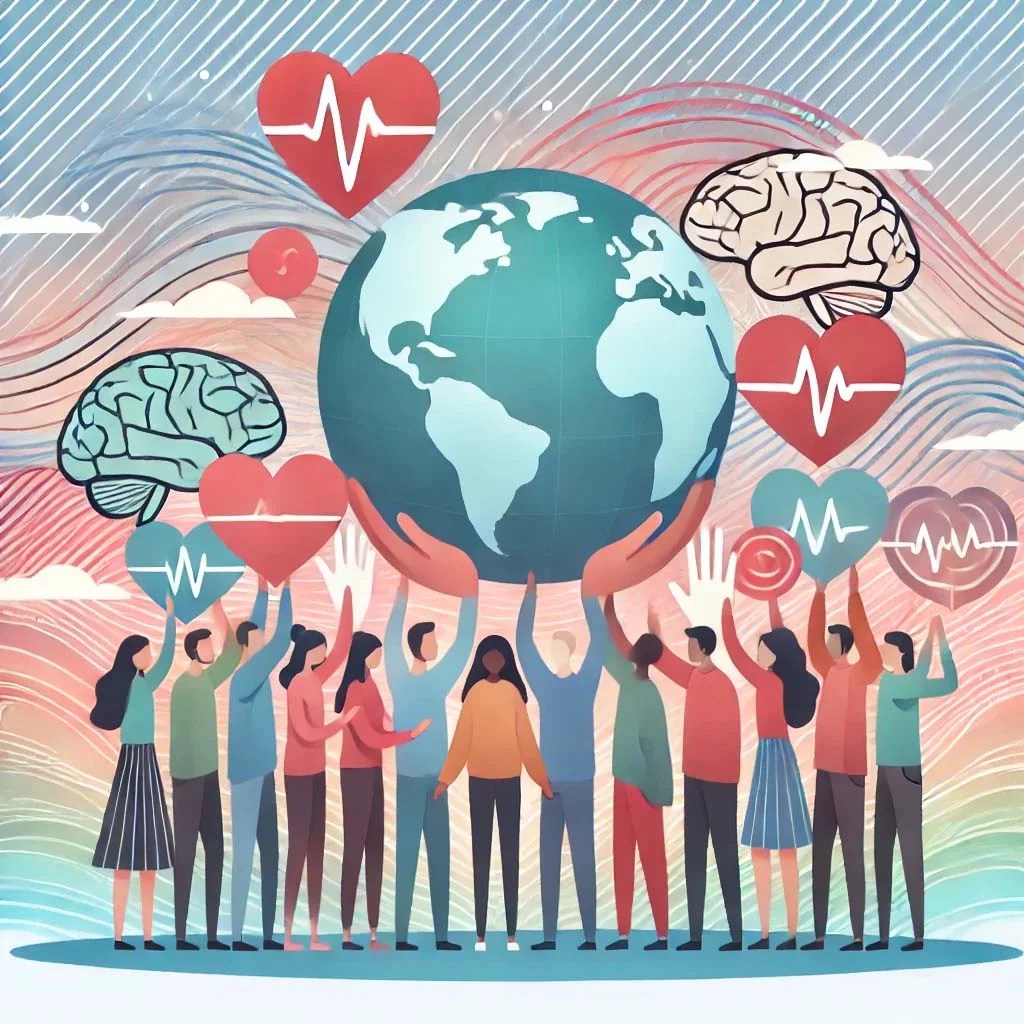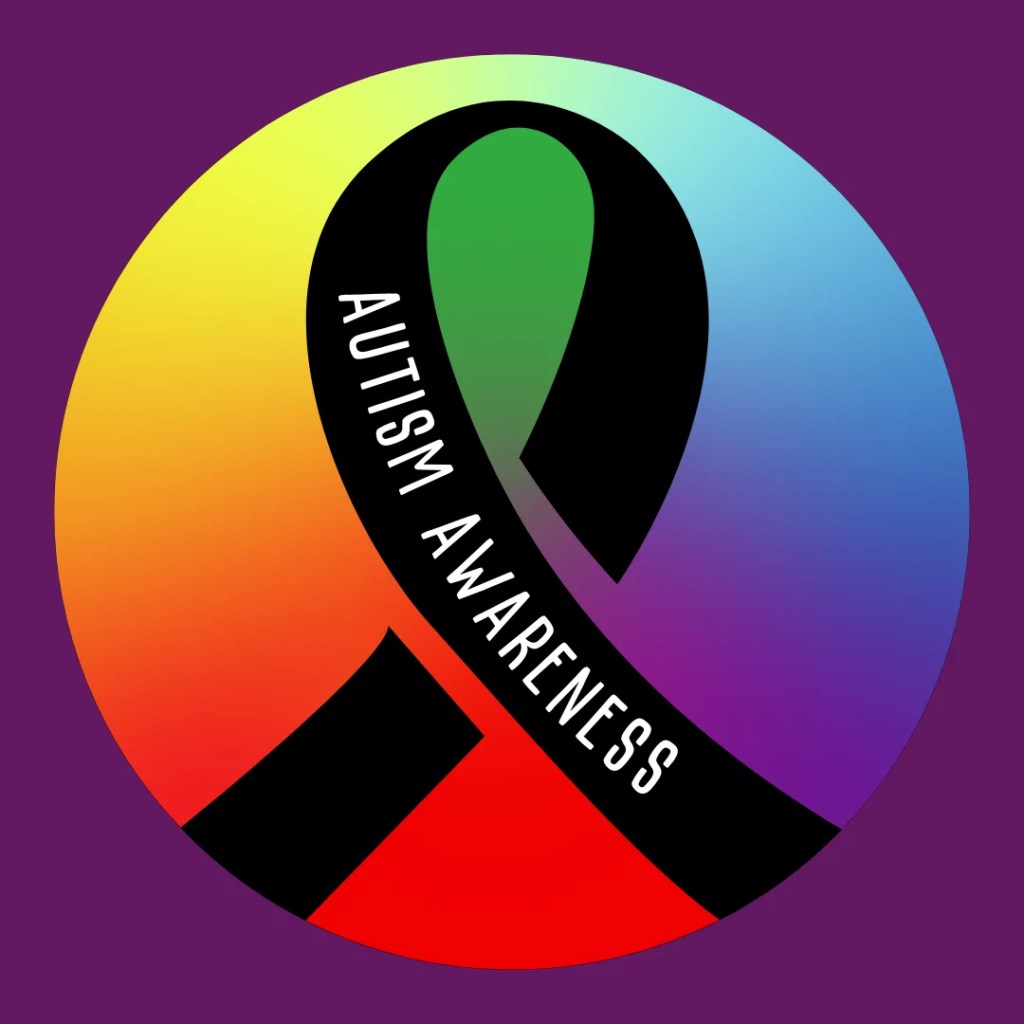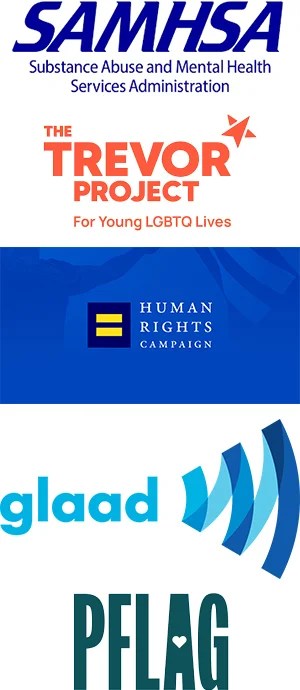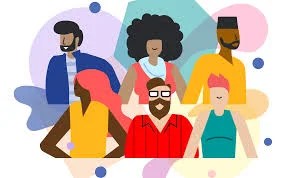The Ripple Effect of Kindness
As we navigate the challenges of today’s world, from political tensions to economic struggles, it’s easy to forget that the most essential part of our humanity is a simple act of kindness. On Be Kind to Humankind Week, we are gifted an opportunity not only to reflect on the value of kindness but to practice and advocate for it in our everyday lives consistently. As someone who wears multiple hats, from a peer supporter role to an advocate for social change, this week holds deeper significance.
